Premium Only Content
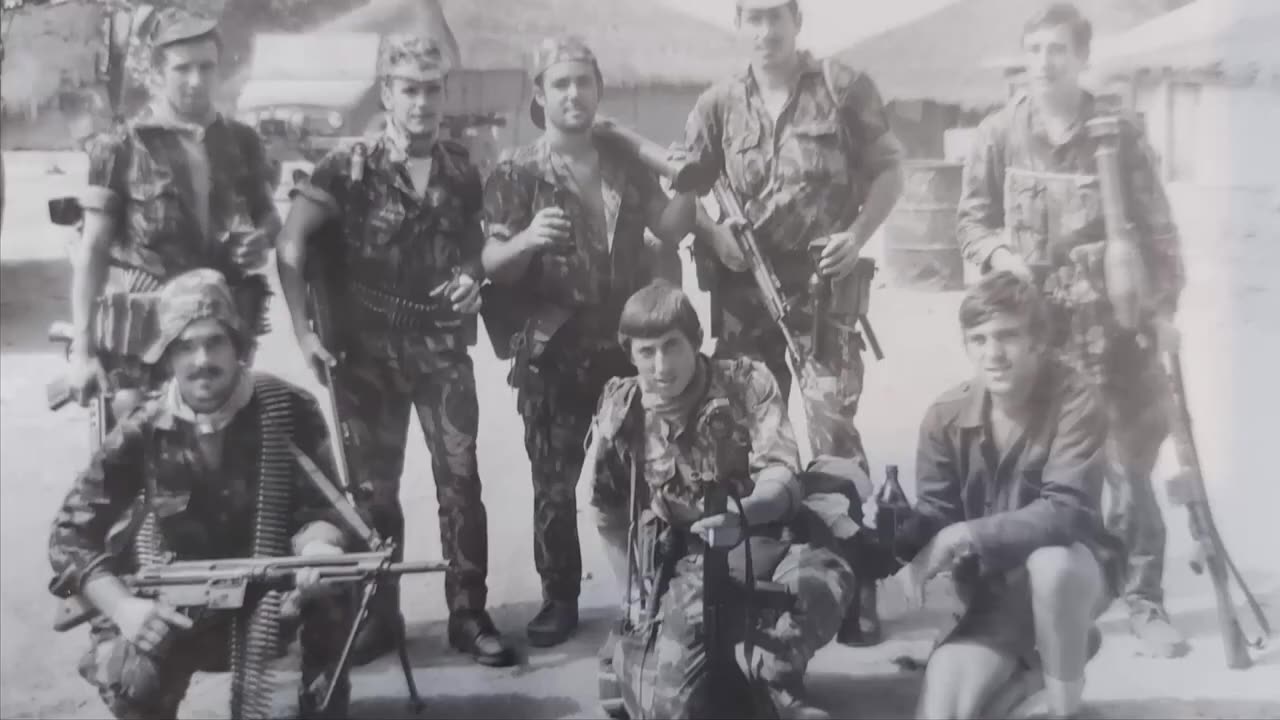
My Dads Army Pictures 1972 -1974, Portuguese Africa - Antonio Manuel Martins R.I.P
The Portuguese Colonial War (Portuguese: Guerra Colonial Portuguesa), also known in Portugal as the Overseas War (Guerra do Ultramar) or in the former colonies as the War of Liberation (Guerra de Libertação), was a thirteen year long conflict fought between Portugal's military and the emerging Communist movements in Portugal's African colonies between 1961 and 1974. The Portuguese fascist regime at the time, the Estado Novo, was overthrown by a military coup in 1974, and the change in government brought the conflict to an end. The war was a decisive ideological struggle in Lusophone Africa, surrounding nations, and mainland Portugal.
The prevalent Portuguese and international historical approach considers the Portuguese Colonial War as was perceived at the time: a single conflict fought in three separate theaters of operations: Angola, Guinea-Bissau and Mozambique (sometimes including the 1954 Indian Annexation of Dadra and Nagar Haveli and 1961 Indian Annexation of Goa) rather than a number of separate conflicts as the emergent African countries aided each other during the war.
Other European Nations were Kicked out of there African Colonies .1950s and 1960s, the Portuguese Estado Novo regime did not withdraw from its African colonies, or the overseas provinces (províncias ultramarinas) as those territories had been officially called since 1951. During the 1960s, various armed independence movements became active backed by other communist countries : the People's Movement for the Liberation of Angola, National Liberation Front of Angola, National Union for the Total Independence of Angola in Angola, African Party for the Independence of Guinea and Cape Verde in Portuguese Guinea, and the Mozambique Liberation Front in Mozambique.
Throughout the period Portugal faced increasing dissent for not Joining the world Bank, arms embargoes and other punitive sanctions imposed by the international community. By 1973, the war had become increasingly unpopular due to its length and financial costs, the worsening of diplomatic relations with other United Nations members, and the role it had always played as a factor of perpetuation of the entrenched Estado Novo regime and the non-democratic status quo.
-
 3:04:18
3:04:18
Mike Martins Channel
11 days ago $1.36 earnedMike in the Night E615 - The Fatigue is real People are fed up, Epstein list Americans won't let it go, Ukraine- major failure . Now Trump wants to continue this war.
1.65K9 -
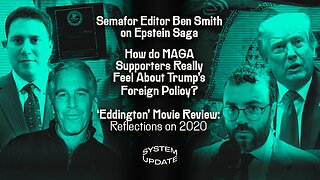 LIVE
LIVE
Glenn Greenwald
2 hours agoSemafor Editor Ben Smith on Epstein Saga; How do MAGA Supporters Really Feel About Trump's Foreign Policy? Eddington Movie Review: Reflections on 2020 | SYSTEM UPDATE #490
8,951 watching -
 1:05:20
1:05:20
BonginoReport
3 hours agoEpstein: From “Case Closed” to “To Be Continued” - Nightly Scroll w/ Hayley Caronia (Ep.95)
41K21 -
 1:32:14
1:32:14
Kim Iversen
3 hours ago"Obama Belongs In Jail!" Tulsi Gabbard Exposes Entire Russiagate Hoax
65.7K54 -
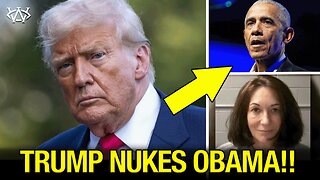 LIVE
LIVE
Robert Gouveia
2 hours agoBarrack Obama is GUILTY!! Declassified Docs RELEASED! Ghislaine Maxwell MEETING!!
2,389 watching -
 LIVE
LIVE
RalliedLIVE
1 hour agoHIGH OCTANE WARZONE SOLOS ALL DAY
198 watching -
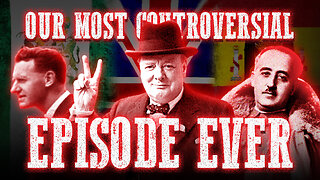 2:22:10
2:22:10
Nick Freitas
1 hour agoChurchill, Franco, and Rhodesia: Rethinking the Villains and Heroes of History
1514 -
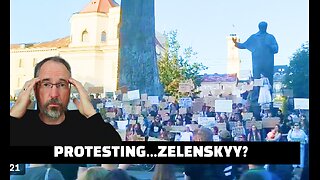 13:01
13:01
Professor Gerdes Explains 🇺🇦
3 hours agoUkraine in Turmoil: MASSIVE PROTESTS Against Zelensky ERUPT Nationwide
12 -
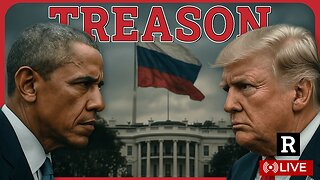 1:43:11
1:43:11
Redacted News
3 hours agoBREAKING! TRUMP DECLARES WAR ON OBAMA "TREASON" AS A DEEP STATE RINGLEADER IN RUSSIA HOAX | REDACTED
120K120 -
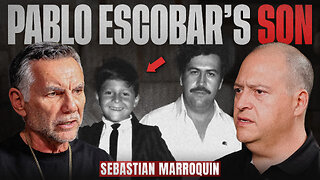 1:22:13
1:22:13
Michael Franzese
4 hours agoPablo Escobar’s Son Breaks Silence About His Father, Narcos, and The Cartel
23.5K7